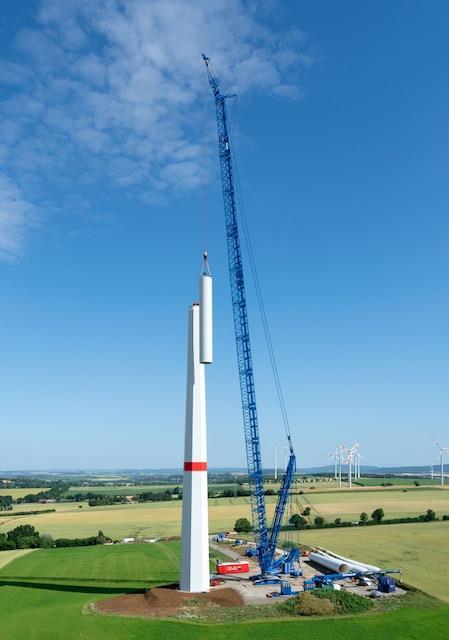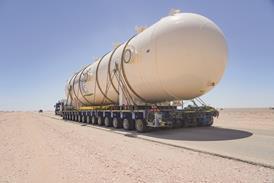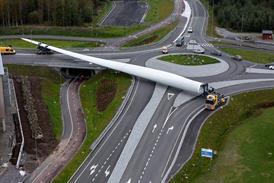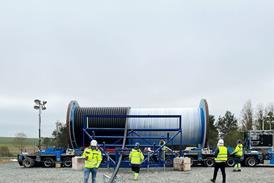Liebherr Group achieved a net profit of EUR545 million (USD599 million) in 2021 – a result that is higher than pre-pandemic levels.

Turnover for the group was 12.6 percent up on 2020, matching its previous record year in 2019 in terms of annual turnover.
Revenues in the earthmoving, material handling technology, deep foundation machines, mobile and crawler cranes, tower cranes, concrete technology and mining product segments were 17 percent higher than in the previous year.
The conditions in the past financial year were difficult for manufacturing companies, said Liebherr. It added: “From the second quarter in 2021, to some extent, it was extremely difficult to procure various raw materials, components and electronic parts. This resulted in price increases and bottlenecks in the global supply chains. Despite that, Liebherr recorded a significant increase in sales revenues compared to the previous year. The Liebherr Group grew in 11 of its 13 product segments and in almost all of its sales regions.”
In Liebherr’s strongest sales region, the European Union (EU), France was the standout country, with an above average development. Outside the EU, there was a marked rise in sales in the UK. Positive development was also seen in North America, as well as Central and South America, where strong growth came especially from Brazil. The financial year in Asia and Oceania ended with a moderate rise. The Liebherr Group faced declines in Africa, as well as in the Middle East.
Looking ahead, Liebherr expects opportunities to arise from an increase in demand from a variety of industrial sectors in which the company is active. However, the negative effects on the activities of the Liebherr Group due to the war in Ukraine can already be seen. Liebherr is monitoring and assessing the current situation in Ukraine and Russia on a daily basis and is currently in the process of adjusting its Russian activities to the extensive sanctions imposed on the country.
At the same time, there are still uncertainties with regard to the pandemic-related restrictions, the effects of steep price increases for many goods and services, shortages of certain raw materials and the lack of skilled workers, as well as bottlenecks in different supply chains.
Despite the difficult conditions, Liebherr said it is cautiously optimistic about the rest of the year.
















